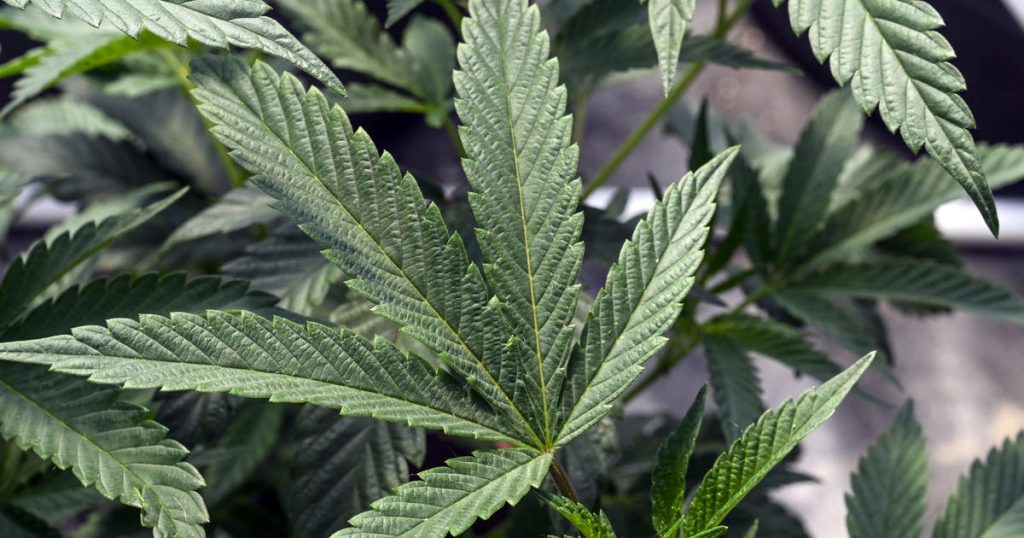As of 2024, nearly half the states in the U.S. have legalized recreational marijuana, with 24 states allowing its use for adults aged 21 and over. States where recreational use is legal include Alaska, Arizona, California, Colorado, and others. Medical marijuana is legal in 13 states, and in states where recreational use is permitted, medical use is also allowed. In some states like Hawaii and Louisiana, marijuana is allowed for medical use as well as decriminalized for other uses, meaning individuals may face civil fines instead of prosecution for possessing small amounts of weed. In states like Alabama and Arkansas, marijuana is legal for medical use but not decriminalized for other purposes.
However, there are still states where marijuana is illegal. In Nebraska and North Carolina, weed is illegal but decriminalized, meaning individuals may face penalties but not prosecution for certain amounts of marijuana. In states like Georgia and Texas, weed is both illegal and not decriminalized, although CBD products are allowed in some cases. In states like Idaho and Wyoming, marijuana is completely illegal, and there are no provisions for decriminalization. In contrast, other countries like Canada, Germany, Mexico, South Africa, and Thailand have legalized marijuana for recreational use.
The legalization of marijuana in various states across the U.S. comes with restrictions and regulations. In states where recreational use is permitted, like Colorado and Washington, individuals must be 21 years or older to purchase and use marijuana. The sale of marijuana is also heavily regulated, similar to alcohol, to ensure that it is not sold to minors or used in unsafe ways. Additionally, there are laws in place to prevent individuals from driving under the influence of marijuana, similar to laws against drunk driving. These regulations are in place to ensure that the legalization of marijuana does not lead to an increase in public health and safety issues.
The legalization of marijuana for both recreational and medical use has had positive economic benefits in states that have implemented these policies. Tax revenue from the sale of marijuana has provided much-needed funding for various state programs, including education, public health, and drug prevention programs. Additionally, the legalization of marijuana has created new job opportunities in the cannabis industry, including positions in cultivation, retail, manufacturing, and distribution. The economic impact of legal marijuana has been particularly significant in states like Colorado, where the industry has created thousands of jobs and generated millions in tax revenue.
Despite the growing acceptance of marijuana use in various states across the U.S., there are still concerns about the potential negative effects of legalization. Critics argue that the widespread availability of marijuana could lead to increased use among adolescents and young adults, as well as a rise in dependency and addiction. There are also concerns about the impact of marijuana use on mental health, particularly among individuals with preexisting conditions like anxiety or depression. Additionally, there are ongoing debates about the long-term health effects of marijuana use, including its potential impact on lung health and cognitive function.


